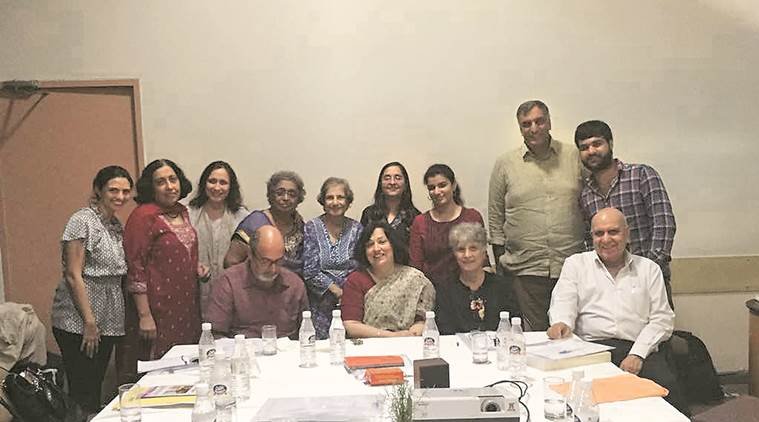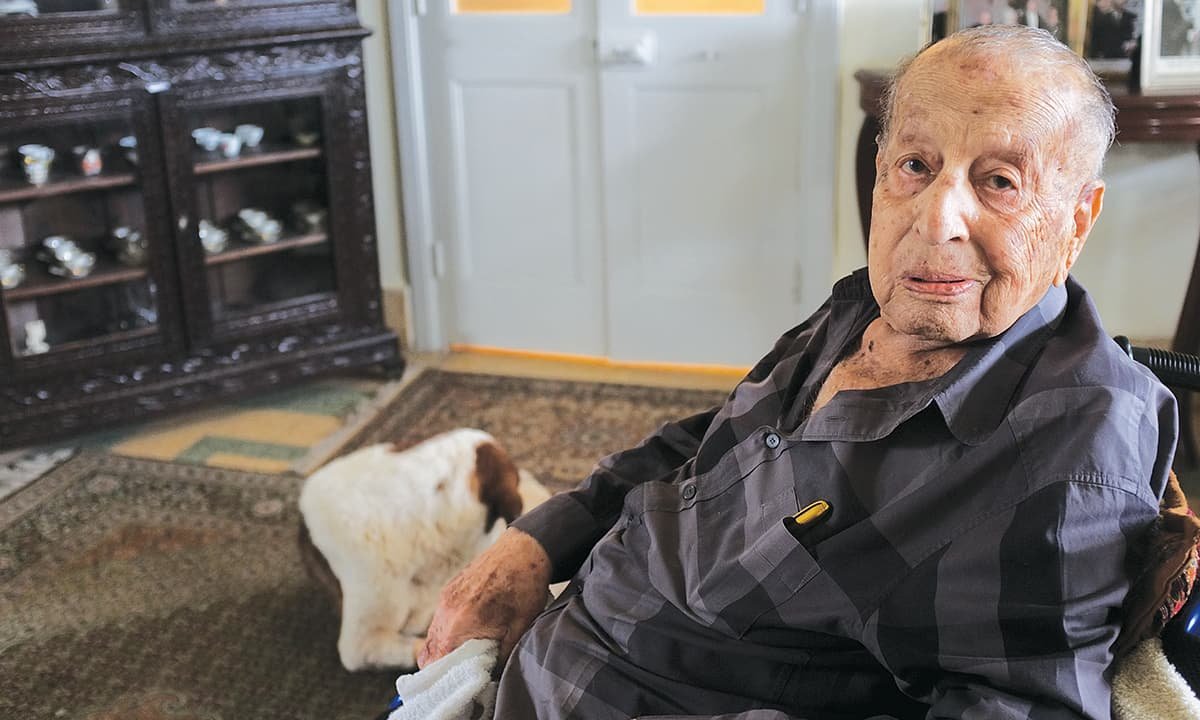101 babies in 3 years, Jiyo Parsi is ‘light at the end of tunnel’

“At the age of 41 when most women start experiencing the symptoms of menopause, I am experiencing the symptoms of a long awaited pregnancy. At the end of every tunnel, there is light.”
– Facebook page, Jiyo Parsi
NEARLY FOUR years ago, a private foundation joined hands with the central government to launch a unique awareness and fertility scheme to revive India’s shrinking Parsi population — 1,14,000 in 1941; 69,601 in 2001; 57,264 in 2011. Last month, the Jiyo Parsi scheme celebrated the birth of its 101st baby in Mumbai. Since 2014, 95 couples have signed up for Jiyo Parsi after personal counselling was held for 400 people and group sessions covered 22,645 others. And, during this period, 23 babies were born in Mumbai, three in Pune and the rest across Navsari, Surat, Bengaluru and Secunderabad.
“I heard about the Jiyo Parsi scheme through a friend. My wife could not conceive due to endometrial tuberculosis and it was due to the scheme that we could connect with Dr Anahita Pandole, a gynaecologist in Mumbai who directed the line of treatment. We were reimbursed the treatment cost for assisted pregnancy,” says a Parsi executive with a private firm in Pune. Today, says the 40-year-old, he returns early to his home at the Parsi colony to spend a few extra hours with his one-year-old son who was born in March last year.
There are similar success stories on Jiyo Parsi’s Facebook page. The expectant mother, who posted about seeing light at the end of the tunnel, writes: “The advances in Assisted Reproductive Technology (ART) have made the impossible, possible for many couples like us. After four attempts at In Vitro Fertilisation IVF, we had accepted the fact that our dream of holding a baby in our arms may never be fulfilled. With Jiyo Parsi’s support we shall soon fulfill our dream.”
Jiyo Parsi was launched in September 2013 by the Parzor Foundation and the Union Ministry of Minority Affairs. The Rs 10-crore initiative focused on infertility treatment for Parsis at hospitals empanelled by the Union Ministry of Minority Affairs. However, with not many hospitals empanelled after the first year, the scheme started reimbursing costs incurred by patients for medical tests and to pay hospital bills.
“We found that lecturing people to have more children did not help. The Indian Council of Medical Research (ICMR) has also warned that medical intervention in the older age group would only have a 30 per cent success rate. That’s when we resorted to a hard-hitting campaign, called ‘Don’t use a condom tonight’. It caused much consternation and went viral on social media. Chat rooms sprang up and instant messages made Jiyo Parsi a household name,” says Dr Shernaz Cama, founder director, Parzor.
In Mumbai, key members of the Jiyo Parsi team include Dr Katy Gandevia, programme co-ordinator; Pearl Mistry, counsellor; Pearl Tirandaz; and, Binaifer Sahukar, apart from Cama. “Only one family in nine has a child below the age of 10. The Total Fertility Rate of the Parsi community has reached below one… 31 per cent of Parsis are over the age of 60 and more than 30 per cent are not married. In addition to late marriages, voluntary and involuntary childlessness is another important factor,” says Cama.
Studies conducted by the National Commission for Minorities, and other joint studies conducted by Parzor and Tata Institute of Social Sciences, have identified several reasons for the decline in the Parsi population.
According to birth and death records of the community, for every 200 children born, there are 800 who die, says Gandevia.
“There is a significant higher percentage of unmarried Parsi males compared to non-Parsis and the focus on our advocacy is to influence the mindset of the community to have more than one child and marry at the correct age,” says Gandevia.
The plan also included counselling family members and youths of marriageable age, treatment of medical issues from puberty, and assistance in treating infertility. “We have so many challenges ahead of us. First, we have to identify couples, then convince them about medical intervention. The advocacy programme also needs more funds from the government, which is now assessing the impact of the scheme,” says Gandevia.
“But what has given us new hope is some women among the 95 couples are going for a second child,” says Mistry. On July 29, Jiyo Parsi will launch another campaign. And they are calling it the “Joy of Family”.





